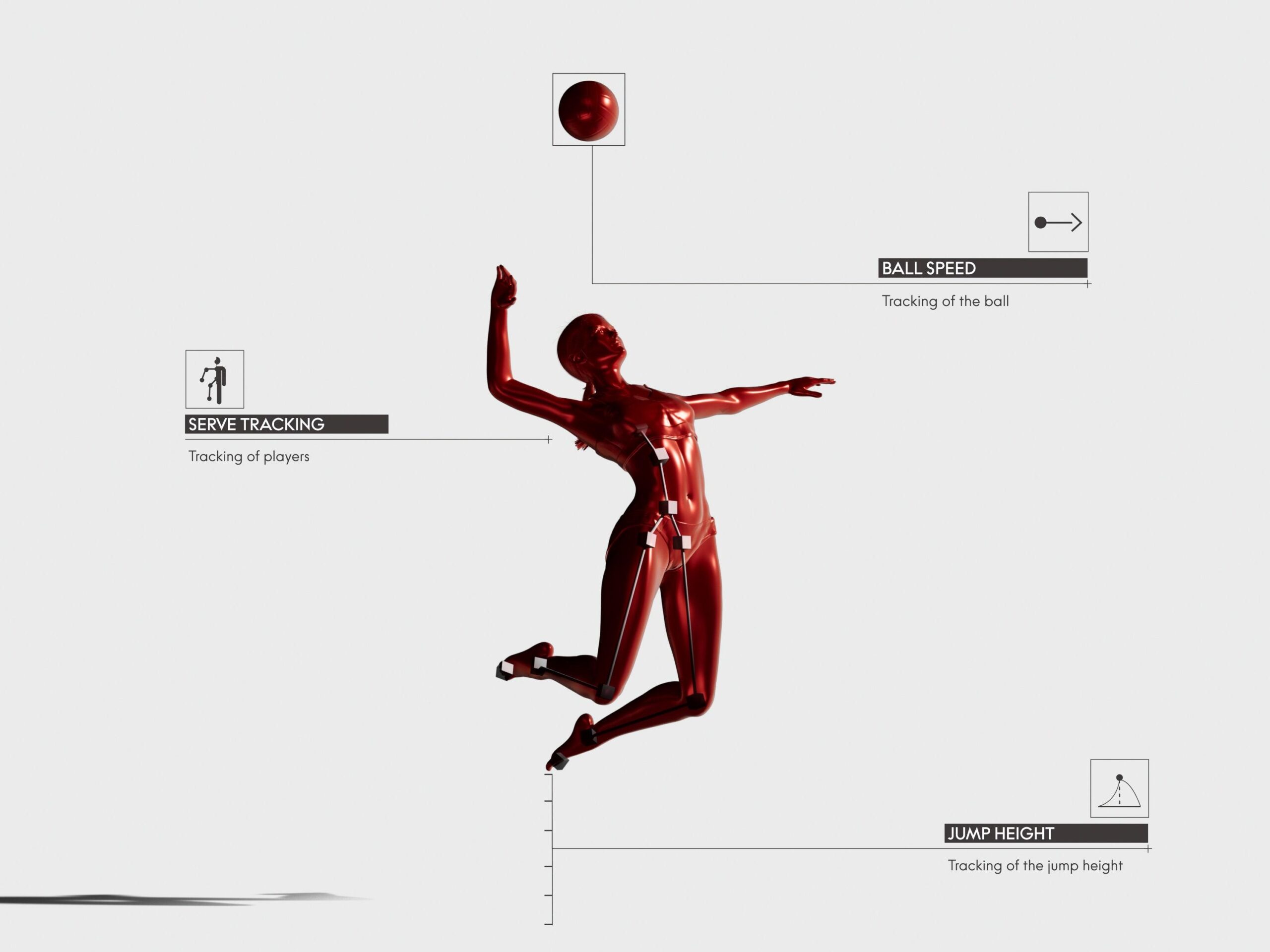Omega’s AI Will Map How Olympic Athletes Win
The Olympic Games have always been a testament to human athleticism and the constant quest for excellence. Athletes from all corners of the globe gather to showcase their skills and push the boundaries of human potential. Over the years, technological advancements have played a significant role in enhancing the performance of these athletes. Omega, the official timekeeper for the Olympic Games since 1932, is taking it a step further with its artificial intelligence (AI) technology to map how Olympic athletes win.
Omega has always been at the forefront of timekeeping innovation and has constantly strived to provide more accurate and detailed data to athletes and spectators alike. With their AI technology, they aim to gather valuable insights into the winning strategies and critical moments of Olympic events.
The AI system developed by Omega analyzes vast amounts of data from various sporting events, including previous Olympic Games. It processes data collected from sensors, cameras, and other sources to predict and understand the key determinants of success. By mapping patterns and trends, the AI technology can highlight the factors that contribute to a particular athlete’s victory or defeat.
By analyzing data from multiple disciplines, Omega’s AI can identify commonalities between successful athletes, regardless of their sport. It can capture details like the timing and synchronization of specific movements, the duration of exertion, the technique employed during jumps or throws, and much more. This valuable data allows athletes and their coaches to identify areas for improvement, refine training regimens, and ultimately enhance their performance.
The AI technology also benefits spectators and sports enthusiasts by providing them with a deeper insight into the intricacies of each event. The AI-generated analysis can be displayed on screens during live events, allowing viewers to understand the significance of certain moments, techniques, or actions that may go unnoticed by the naked eye. This adds an extra layer of enjoyment and engagement to the Olympic experience.
Furthermore, Omega’s AI technology aims to benefit the athletes in their post-competition analysis. After each event, athletes and their coaches can review data and performance metrics generated by the AI system. This enables them to assess their strengths and weaknesses objectively and make data-driven decisions for their future training.
One of the most remarkable aspects of Omega’s AI in mapping how Olympic athletes win is its ability to adapt and evolve. As the AI system collects more data from various disciplines, it continues to learn, refine its algorithms, and generate even more accurate insights. This continuous improvement ensures that athletes receive the most relevant and personalized data to guide their training and competition strategies.
Naturally, privacy and data security are crucial concerns in the era of AI. Omega ensures that all data collected and processed by their AI technology remains secure and protected. Athletes’ consent and privacy are respected at all times, and data anonymization techniques are employed to prevent sensitive information from being exposed.
As we eagerly anticipate the next Olympic Games, Omega’s AI technology promises to revolutionize how we analyze and understand athletic performance. By mapping how Olympic athletes win, this innovative technology unlocks valuable insights for athletes, coaches, and spectators alike. With its potential to enhance training, improve performance, and drive the sport forward, Omega’s AI is set to become an integral part of the Olympic Games’ enduring legacy.
Hey Subscribe to our newsletter for more articles like this directly to your email.
